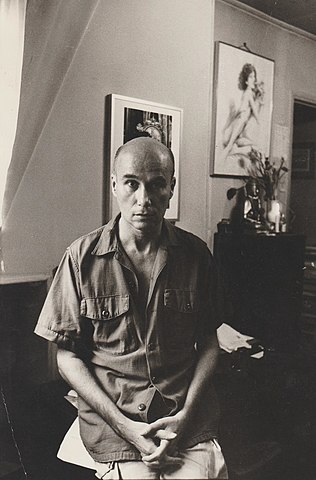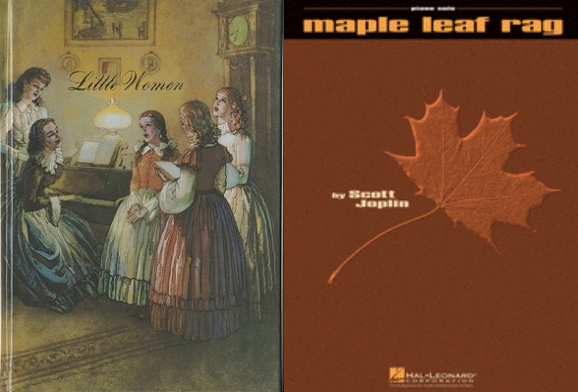Gabriel Matzneff, 83, is an award-winning French writer who has many influential friends and admirers. He’s also a pedophile who has published books describing his sexual crimes against children. For many years, Matzneff’s popularity and connections protected him for the police.
But last year one of his victims published a book describing Matzneff’s criminal behavior, and he has been charged with pedophilia.
The New York Times sent a reporter to track down Matzneff, who had retreated to the Italian Riviera to avoid the firestorm brewing around him. The Times has a well-deserved reputation for excellent writing. I often pause in the middle of an article to admire a sentence that is dancing on the page.
But ghastly writing sometimes slips through as well. The interview with Matzneff is lively and informative, but I also came across this:
And Christian Giudicelli, a writer who traveled with Matzneff to the Philippines and to whom Matzneff had entrusted incriminating photos and letters of the 14-year-old Springora, helped secure his friend the prestigious Renaudot prize, after studiously confiding Matzneff’s cancer diagnosis to his fellow jurors.
That’s 44 words – too much for most sentences. And that’s just one of the problems. Twenty-three words separate the subject and verb – “Christian Giudicelli…helped secure.” And look at all the information crammed into this sentence!
- Christian Giudicelli was a writer
- he and Matzneff traveled to the Philippines
- Matzneff had incriminating photos and letters of the 14-year-old Springora
- he entrusted them to Giudicelli
- Giudicelli helped his friend obtain the prestigious Renaudot prize
- Matzneff had cancer
- Giudicelli told his fellow jurors about the diagnosis
Whew. And then there’s this awkward wording: “after studiously confiding Matzneff’s cancer diagnosis to his fellow jurors.” How do you “confide a diagnosis?” I confide in people. I don’t confide information.
And if you’re going to grant that it’s possible to confide a diagnosis, how do you do that studiously?
There’s also an indefinite pronoun reference in that wording – “after studiously confiding Matzneff’s cancer diagnosis to his fellow jurors.” There are two males in the sentence – Giudicelli and Matzneff. Whose “fellow jurors” were they?
Sentences should be short, crisp, and readable. Don’t ask readers to stumble through a long sentence – and don’t use awkward wording to make it sound fancy.

Gabriel Matzneff in 1983
Photo provided by Florence Kirastinnicos










